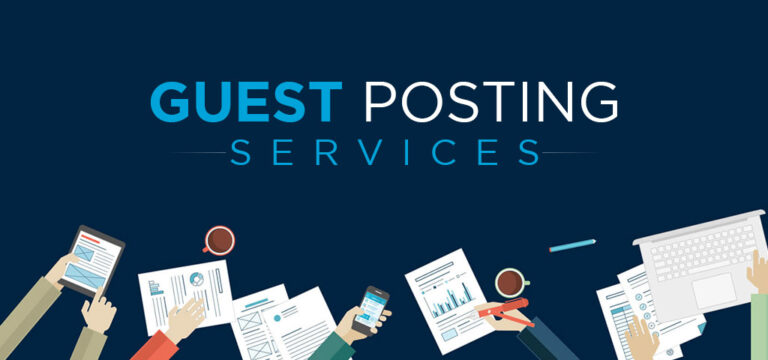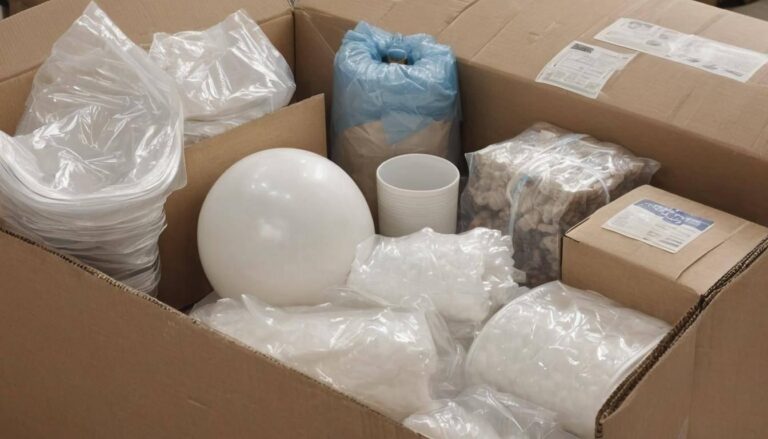Up North: The Best Wholesale Food Packaging Supplies in Canada
Locating the best wholesale food packaging materials is essential for businesses in Canada’s booming food industry. Good packaging guarantees food safety during transit in addition to preserving freshness. Purchasing these goods from wholesalers has several advantages. Reduced expenses can increase your profit margins, and more options guarantee that your items are well matched. This article will help you discover top suppliers and key factors to consider, empowering you and your business to thrive.
Why Quality Food Packaging is Important
Even in Canada, the food market (see more here) is very competitive. The quality of your packaging can be the maker or breaker in your business. The proper packaging, for instance, helps ensure the safety and freshness of your products, not to mention it helps with the image of your brand.
1. Freshness and Safety
Proper packaging is crucial for maintaining the freshness and safety of food products. Just think about the last time you bought fresh produce or a dairy product. Would you have picked it up if the packaging was damaged or poorly sealed? The answer: probably not.
2. The Image of Your Brand
The right packaging doesn’t just protect your products, it also enhances the image of your brand and reputation. The packaging is the first thing that the customer sees when choosing a product, and quality packaging can go a long way in making a good impression for potential buyers.
What Factors to Consider
1. Quality
Just as superior packaging can enhance your product, poor packaging can ruin it. You should invest in high-quality materials that both protect and preserve food. Conduct quality checks and ensure materials meet regulatory standards.
2. Cost
The cost is also important to consider. The ability to balance quality with cost is a fine line to balance. Purchases in bulk can lower expenses certainly, but just be sure that you don’t compromise on the quality of what you are purchasing. Quantity is not always better than quality after all.
3. Sustainability
Sustainability is the lifeline of any business and how long it can go on. It’s not only the trend, but also a responsibility, one that you owe to your business if you wish it to succeed. When it comes to this, it’s nice to invest in suppliers that offer recyclable packaging, which helps both you and the environment, and appeals to the average eco-consumer.
4. Customer Service
The bread and butter of any business. If your customer is happy, then you’re happy. Having reliable customer service is important in the business market.
Some Practical Tips for Packaging Food Products
Here are some other tips to consider when investing in packaging and other wholesale restaurant supplies in Canada, listed below.
1.Ensure Tight Seals
A tight seal is necessary for maintaining freshness and preventing any contamination. Always check that your packaging has an effective sealing mechanism.
2. Temperature Considerations
Select packaging materials suitable for the temperatures your products will encounter.
3. Labeling
Labels are vital for compliance and consumer information. Ensure your packaging has clear space for clearer labeling, displaying all the necessary information.
4. Customization
Customized packaging can boost brand recognition. Consider suppliers who offer customization options, including printing logos and brand colors.
Different Types of Packaging Supplies
You can learn more at the site listed here: https://www.industrialpackaging.com/blog/types-of-food-packaging-materials
1. Plastic
Plastic packaging comes in a lot of forms like containers, wraps, and bags. It’s a popular choice for consumers because of its durability, light weight, and versatility.
- Containers: Rigid plastic containers are perfect for takeout meals and deli items. They provide excellent protection and can withstand moderate temperature changes.
- Wraps: Plastic wraps are great and common for securing fresh products like meats and cheeses. They help prevent contamination and keep products fresh for longer periods of time.
- Bags: From zip to vacuum-sealed, plastic bags are both convenient and simple to use, and are the ideal choice for storage and transportation.
2. Paper and Cardboard
Paper and cardboard packaging are the most common types of eco-friendly options that are becoming more popular due to their sustainability.
- Boxes: Cardboard boxes are sturdy and usually used for bulk packaging. They’re great for shipping and storing a variety of food products.
- Cartons: Paperboard cartons are common for beverages, dairy products, and frozen foods. They have good insulation properties and are easy to print on, making them perfect for branding.
- Bags: Paper bags are great for bakery items, snacks, and produce. They offer breathability, which is crucial for items that need to stay fresh.
3. Biodegradable and Composite
The trend toward sustainable packaging is growing, with more businesses adopting biodegradable and compostable materials.
- Biodegradable: Biodegradable materials break down naturally over time, reducing the environmental impact. They are used in products like bags, wraps, and even some types of containers.
- Compostable: Compostable packaging breaks down materials into nutrient-rich compost. This is a great option for businesses looking to minimize their waste.
Conclusion
In conclusion, choosing the right packaging for your products is vital for any food business in Canada and abroad. High-quality packaging ensures your products remain fresh and safe while also enhancing your brand’s image. When you’re making your choice on what packaging to use, be sure to consider factors like product quality, cost-effectiveness, sustainability, and customer service. These elements and more will be the key to your business and its success. By paying attention to these details, you can make informed decisions that benefit your business and attract more customers, and a healthy sustainable business is a successful one.
Keep an eye for more latest news & updates on Hiphop Hiphop!






